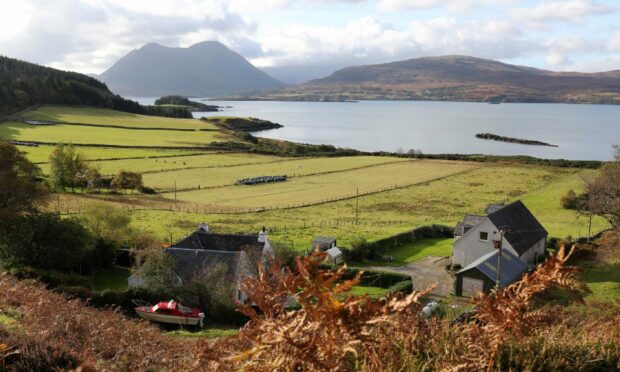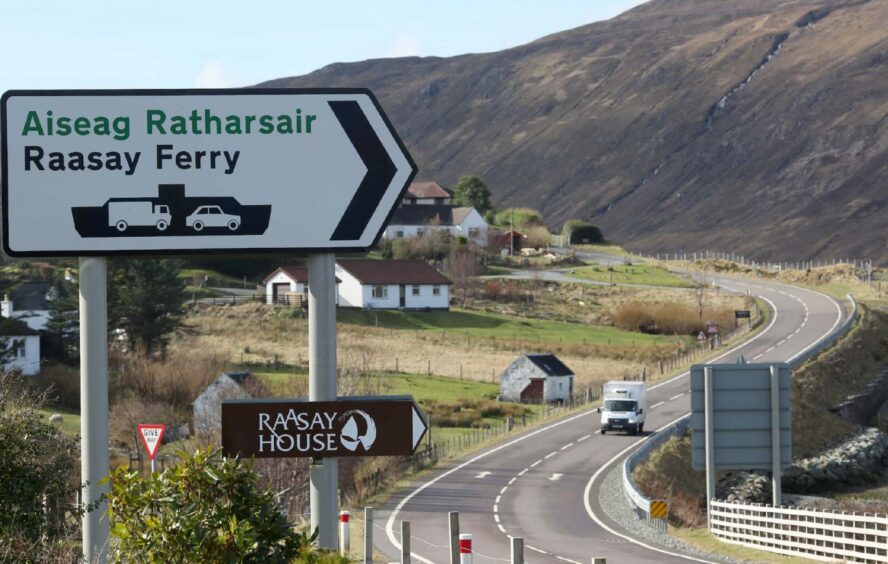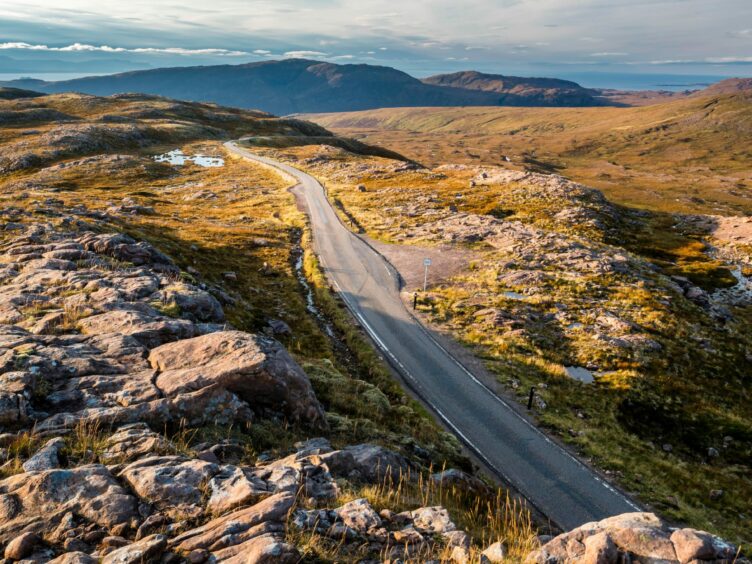The islands business community claim they have been neglected during the fuel prices crisis.
The cost of fuel has reached record-breaking levels in recent weeks.
Island neighborhoods have been hit particularly hard, as residents are often required to use ferry services and cars to travel.
Scottish Rural Action is a charity that works to connect island and rural communities with decision makers in government.
Its national coordinator, Artemis Pana, lives on the Isle of Rassay which is a 20-minute ferry ride to Skye.
Ferry price ‘absolutely astronomical’
She said: “Rassay and Skye are designed to be very, very interdependent.
“Skye is where most of the key services and supermarkets are.
“The bridge is the ferry. And it has gone up another £3 over the past few years.
“The price hikes over the past few years have been absolutely astronomical.
The short return journey now costs £4.20 for a foot passenger and £14 for a car. This makes it very difficult to commute from the island for work regularly.
Mrs Pana added: “It would cost us £100 a week just to get to Skye and back.
“A lot of people now have two cars, one on Skye and one on Rassay – just so that they don’t have to pay the ferry car fees every day.”
The islands have been enduring a long-running problems with ferries – partly due to the ageing fleet and the problem that brings, and the demand from holidaymakers.
As well as individuals, the businesses on island communities have been struggling to adapt to the increase in fuel prices.
Sheila Gilmore, chief executive of Visit Arran, said: “From a perspective of suppliers and things, it’s very difficult.
“But it really frustrating because your hands are tied. We have always had expensive fuel on the island. But that’s just how it’s always been done.
‘Out of sight out and out of mind’
“We used to fuel tankers that came in, but that doesn’t happen now, it’s just small-batch now. And so our fuel has always been pricy.”
She added that at times it was “difficult” to find fuel on the island, with Blackwaterfoot Garage out of petrol since December due to a leaking tank.
However, Ms Gilmore said although islanders have been struggling for a long time it is only now because the mainland has been hit by rising costs that it has become a cause for concern.
“It’s hitting everybody now and people are starting to take notice,” she said.
“We don’t have options here. You have to drive because the public transport is not good enough.
“I do think that islands are a bit out of sight and out of mind. I don’t think we get the recognition that we deserve.
“We have to fight even harder to get our voices heard.”
What are the solutions?
Island communities believe solutions exist to these problems and want the government to help implement them. They suggest:
- Encouraging car sharing
- Properly reimbursing volunteers
- Improving public transport
Catriona Mallows, campaigns and communications officer for Scottish Rural Action said: “If you can make something work on Mull, then you can most likely make it work in Musselburgh.
“But if something works in Musselburgh, then it most certainly won’t work on Mull.
“So it’s actually kind of flipping the things around and actually thinking about it from a rural and island perspective first, and that works for transport that works for fuel issues and all sorts.”




Conversation